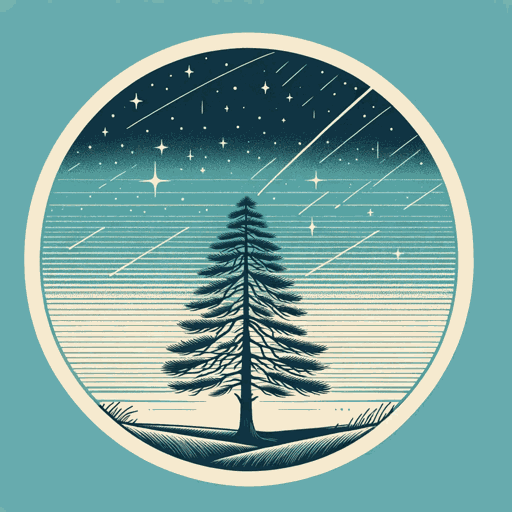49 pages • 1 hour read
Percy Bysshe ShelleyAlastor; or, The Spirit of Solitude
Fiction | Poem | Adult | Published in 1816A modern alternative to SparkNotes and CliffsNotes, SuperSummary offers high-quality Study Guides with detailed chapter summaries and analysis of major themes, characters, and more.
Symbols & Motifs
Alastor, the Spirit of Solitude
Curiously or perhaps appropriately, Alastor, the spirit that compels the Poet to pursue increasingly more subjective realms at the expense of the interaction with the real-time world and with real-time people, never makes much of an appearance. The Poet, allegorically within the grand cave fashioned by his full-throttle imagination, momentarily feels the urgent brush of a spirit that “seemed / To stand beside him—clothed in no bright robes / Of shadowy silver or enshrining light” (Lines 479-481), who compels the Poet to follow it deeper into the fantastic realm until for the Poet that coaxing spirit becomes his entire register of reference, “as if he and it / Were all that was” (Lines 487-488). The spirit beckons him, coaxes him, to follow him until all around the Poet the entirely symbolic and fantastic world of his imagining begins to decay into a wasteland and the Poet himself spirals into a “joyous madness” (Line 518). Calm, he keeps walking, pursuing something of which he is not sure.
Shelley, something of an autodidact in the mythologies of Antiquity, draws on the figure of Alastor, a terrifying presence in Greek mythology, a fearsome black horse reputed to be the one of the team of horses that drove the chariot when Hades kidnapped the innocent and beautiful Persephone, Zeus’s daughter, and took her into the grim emptiness of the dark empire of his underworld where she will become queen.
Related Titles
By Percy Bysshe Shelley
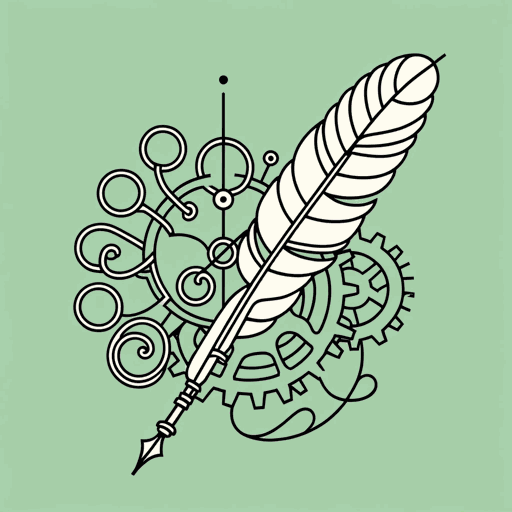
A Defence of Poetry
Percy Bysshe Shelley
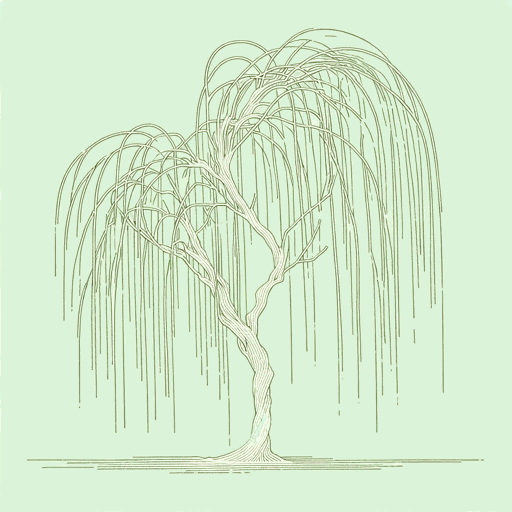
Adonais
Percy Bysshe Shelley

Mont Blanc: Lines Written in the Vale of Chamouni
Percy Bysshe Shelley

Mutability
Percy Bysshe Shelley
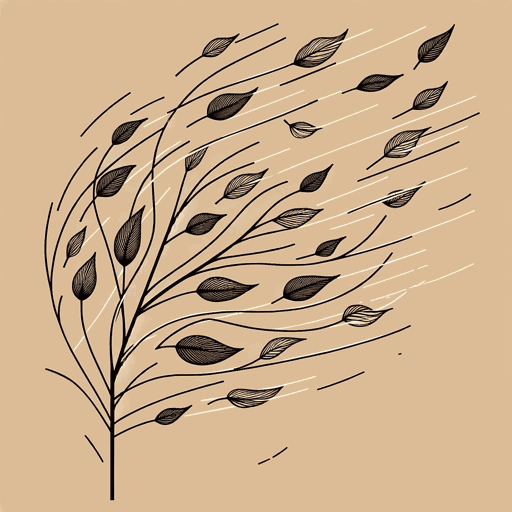
Ode to the West Wind
Percy Bysshe Shelley
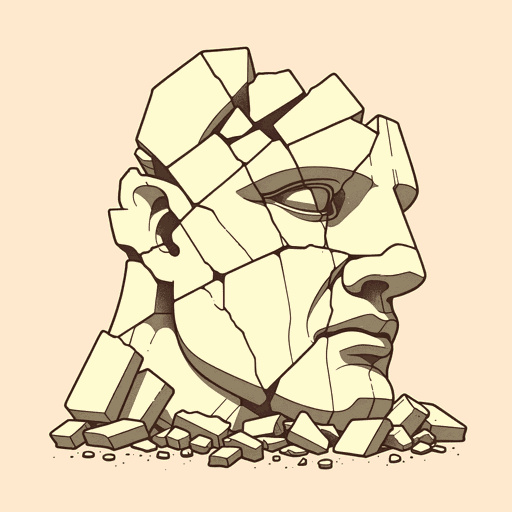
Ozymandias
Percy Bysshe Shelley

Prometheus Unbound
Percy Bysshe Shelley
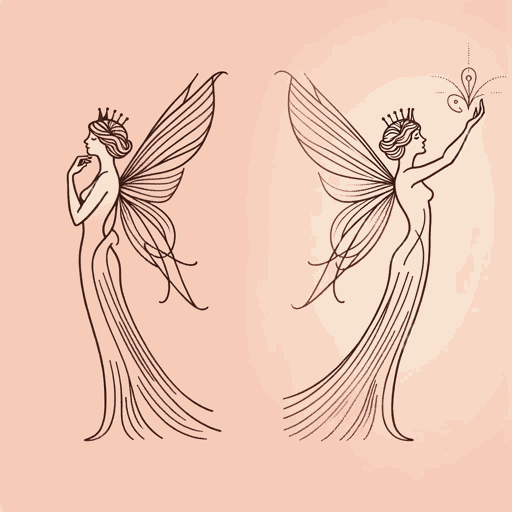
Queen Mab: A Philosophical Poem
Percy Bysshe Shelley
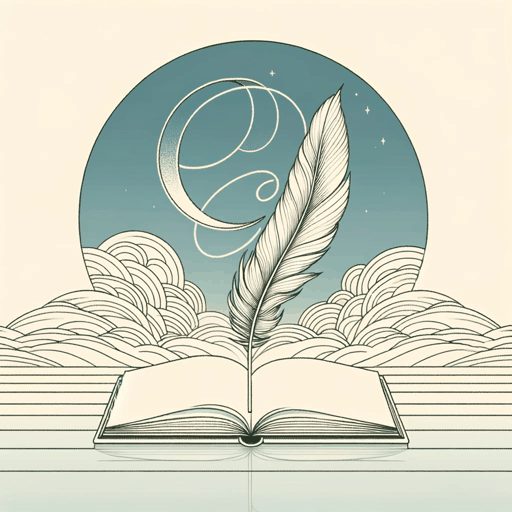
The Masque of Anarchy
Percy Bysshe Shelley

The Triumph of Life
Percy Bysshe Shelley
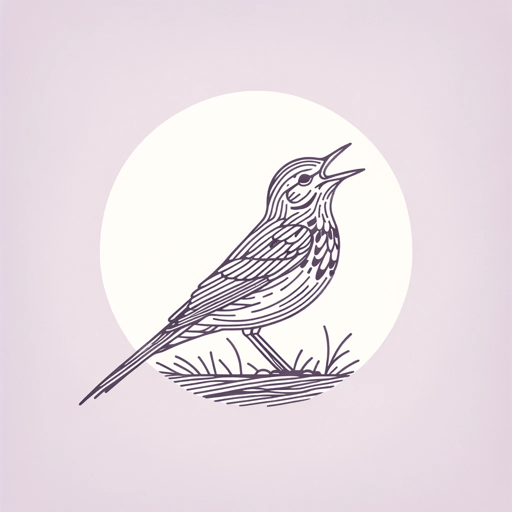
To a Skylark
Percy Bysshe Shelley
